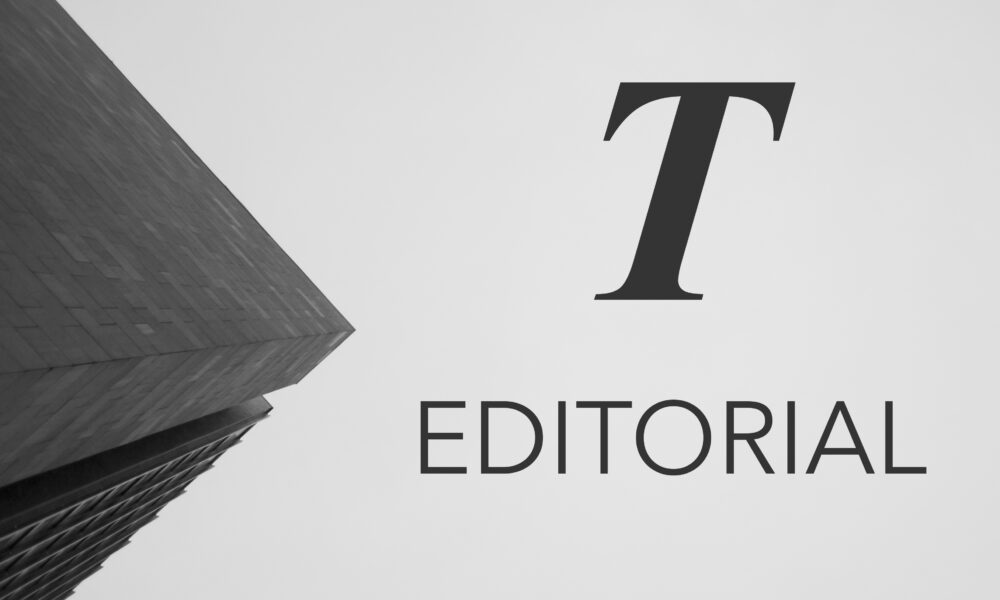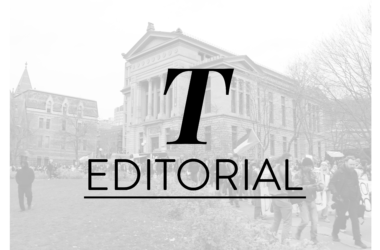On Nov. 4 2023, the same day as the largest pro-Palestine rally that Montreal has seen to date, Black feminist Robyn Maynard gave a speech delineating the intricate correlations between genocide and colonialism. In this same speech, Maynard turned to the parallels between the oppressions of Black and Palestinian people, emphasizing the exigency of addressing the Canadian government’s support for systems of apartheid and occupation. Black and Palestinian fights for freedom have historically been intimately connected. Understanding and acting on these linkages of common oppression is necessary to make meaningful progress toward liberation for all, by all.
Black-Palestinian solidarity has been a prominent union between movements for decades. Emerging most clearly during the Black activism of the late 1960s and its support of the Palestinian cause in the 1967 Arab-Israeli war, solidarity between the two groups remains vital in more recent Black Lives Matter activism, such as the Ferguson uprisings in Missouri and Israel’s 2014 attacks on Gaza. On Aug. 9 2014, Ferguson police officer Darren Wilson—whose chief spent a week in Israel in 2011 being trained by Israeli police, intelligence, and security forces––fatally shot 18-year-old Michael Brown. Brown’s murder resulted in a series of protests and riots that sparked intense conversation worldwide regarding the systemic racism in policing, police violence, and the militarization of American police forces. As Palestinian protesters joined in support of the Black diaspora in Ferguson, Black and Palestinian activists foregrounded the shared struggle of fighting against a highly militarized police force. That same summer, the Israeli military perpetuated assaults on Palestinians in the West Bank and killed more than 2,000 Palestinians in Gaza. Following the murder of George Floyd in 2020 by Minneapolis police officers, Palestinian activists demonstrated their solidarity yet again by painting murals in the streets—notably on the Israeli Separation Wall in the West Bank—and echoed the infamous phrase “I can’t breathe” during confrontations with Israeli security forces.
Many critical Black-led movements proved to be important models for subsequent activism. The Civil Rights movement of the 1960s fundamentally altered protest culture, introducing boycotts and sit-ins, shaping the movement to divest from South African apartheid in the 1980s, and, more recently, the 2020 Black Lives Matter uprisings. Black social justice movements have always condemned the imperialism that pervades the Canadian state and all its institutions.
Despite the importance of Black activism, anti-Blackness is particularly pervasive in both the political and institutional response to Black-led movements, including their pro-Palestine fight. This often manifests itself in the violent suppression of peaceful protests, with institutions frequently involving police—such as during the 1969 Sir George Williams Affair or the altercation between Zionist students and pro-Palestine students selling keffiyehs at Concordia University in Nov. 2023. While universities are intended to act as spaces that facilitate free speech, debate, and protest, their administrations continuously choose to invoke police power and to put Black students in harm’s way.
Yet, Black student groups at McGill—the Black Students’ Network and McGill African Students’ Society in particular—have a long and consistent history of showing support for Palestinian human rights, despite the threat of violence. Unlike North American white progressive students, Black people have never had the luxury of ignoring oppression––no matter where it occurs. Black and Palestinian struggle emphasizes that all must take on the burden of a shared fight for liberation.
Students must take the time to thoroughly educate themselves on both the ongoing injustices in Gaza and here in North America to avoid the sanitization and erasure of history. The McGill administration must stop extracting from Black lives and step up to provide a platform for these stories to be shared. Palestinians remain under a physical and intellectual blockade that academia perpetuates and reproduces. We must learn from Black anti-imperialist freedom fighters, from the Black Panthers who made contact with the Palestinian Liberation Organization, to Black anti-apartheid leaders such as Nelson Mandela and Reverend Jesse Jackson meeting with Yasser Arafat, to contemporary Black activists organizing in solidarity with Palestinian liberation. The connections that strengthen Black-Palestinian solidarity must be uplifted toward the end of occupation from North America to Palestine.





